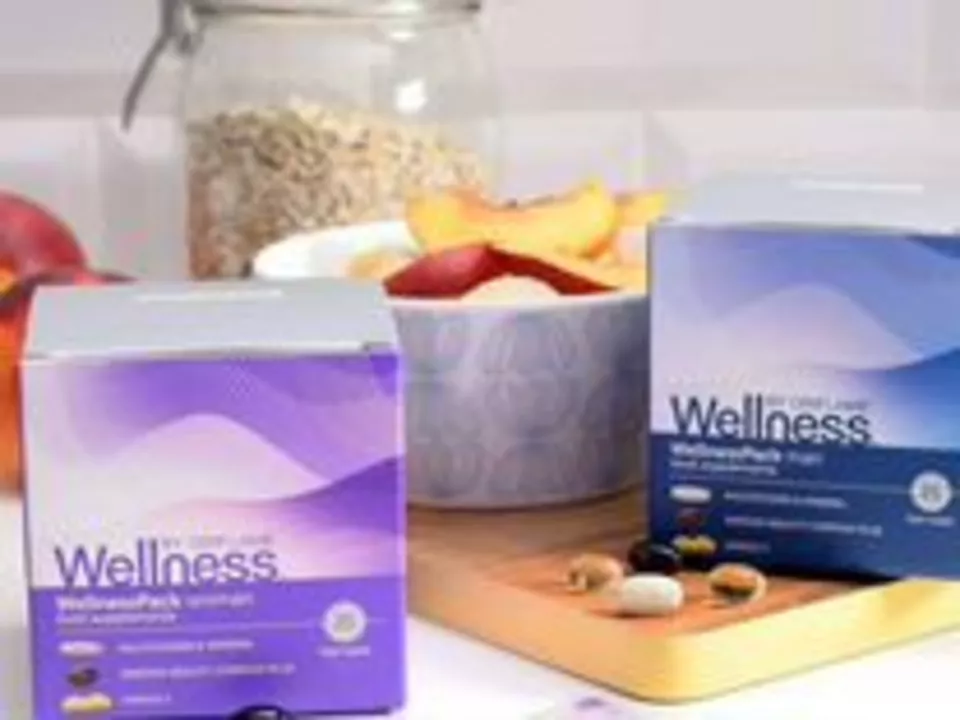Ascorbigen: what it is and why it matters
Heard of ascorbigen and wondered why people mention it with broccoli and sprouts? Ascorbigen is a natural compound formed when vitamin C reacts with certain plant chemicals called glucosinolates, mostly found in cruciferous vegetables like broccoli, cabbage, and Brussels sprouts. It's not a mainstream vitamin, but researchers are interested because it may help protect cells and support detox pathways.
If you care about getting more whole-food nutrients, knowing what ascorbigen does can help you choose foods and simple cooking methods that keep these compounds intact.
What the research says — clear, simple facts
Basic lab studies show ascorbigen can act as an antioxidant and may affect how the body handles certain toxins. Some early research links it to anti-inflammatory and anticancer effects in cells, but human studies are limited. That means the lab results are interesting, but we don't have strong proof yet that taking isolated ascorbigen will give clear health benefits in people.
Bottom line: think of ascorbigen as one helpful part of vegetables' wider nutrition package, not a miracle pill. Eating the foods that contain it comes with fiber, vitamins, and other phytochemicals that work together.
How to get ascorbigen from food — practical tips
Want the most bang for your broccoli? Eat a mix of raw and lightly cooked cruciferous veggies. Raw broccoli and fresh sprouts tend to keep more of the starting compounds that form ascorbigen. Steaming for a short time preserves more than boiling. Crushing, chopping, or chewing vegetables before cooking helps the plants’ enzymes mix and form beneficial compounds.
Try simple habits: add raw broccoli florets to salads, toss lightly steamed cabbage into stir-fries, or include broccoli sprouts on sandwiches. If you use frozen veggies, cook them briefly to avoid losing water-soluble nutrients.
Thinking about supplements? There aren't widely available ascorbigen supplements with reliable dosing and solid human trials. If you’re considering an extract or supplement, check the label, buy from reputable brands, and talk with your doctor—especially if you’re pregnant, breastfeeding, or taking medications that affect the liver.
Want more practical reading? Our resource center has easy-to-follow articles on dietary supplements, food-based health tips, and safe medication choices. Look for posts on natural supplements and how to find reliable drug info when you need it.
If you're curious about adding more cruciferous veggies to your routine, start small—add a handful of sprouts to a salad or steam broccoli for two minutes. Your body benefits from a variety of whole foods, and ascorbigen is part of that bigger picture.

